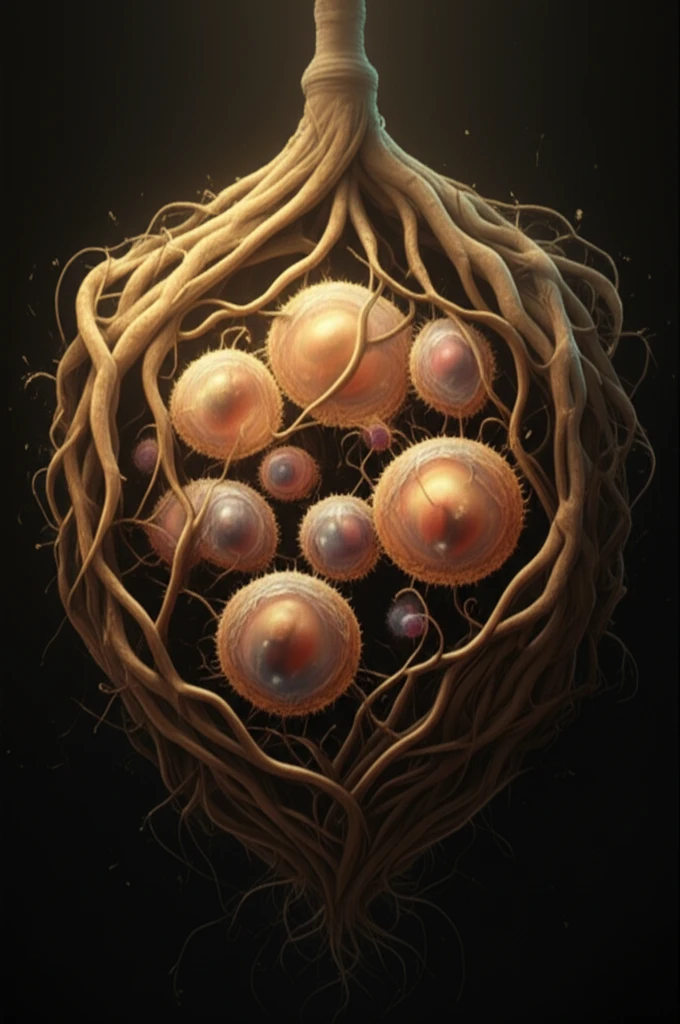
Unlocking Nature's Pharmacy: A Guide to Herbal Medicines for Cancer Support
"Exploring the potential of herbal remedies in cancer treatment and how they complement conventional therapies."
For centuries, plants have been a source of potent compounds, many of which offer therapeutic benefits. In the realm of cancer treatment, where the search for effective and less toxic therapies is ongoing, herbal medicines are gaining increasing attention. While only a fraction of the Earth's plant species have been thoroughly investigated for their anticancer properties, preliminary research indicates a vast, untapped potential.
Modern medicine has its roots in traditional practices, with many current drugs derived from plant-based compounds. The renewed interest in herbal medicine reflects a growing recognition of its potential to offer novel solutions in cancer management. Worldwide, researchers are dedicated to identifying and isolating new anticancer agents from natural sources, particularly those used in traditional medicine systems.
This article delves into the use of medicinal plants endemic to various regions, focusing on their historical applications in cancer treatment and the specific metabolites extracted from them. By examining these natural compounds, we aim to provide valuable insights for scholars and anyone interested in integrative approaches to cancer care.
Why Are Scientists Exploring Herbal Medicines for Cancer Treatment?

Cancer is characterized by uncontrolled cell growth, a process that, under normal circumstances, is tightly regulated. When cells divide without proper control, it can lead to the formation of tumors and potentially life-threatening conditions. Conventional cancer treatments, such as chemotherapy, radiation, and surgery, while effective, often come with significant side effects.
- Reduced Side Effects: Herbal medicines often have fewer adverse effects compared to chemotherapy or radiation.
- Targeted Action: Some herbal compounds can selectively target cancer cells, reducing damage to healthy tissues.
- Synergistic Effects: Herbal remedies can enhance the effectiveness of conventional treatments.
- Holistic Approach: Herbal medicine aligns with holistic care, addressing the overall well-being of the patient.
- Accessibility: Many herbal remedies are readily available and may be more affordable than some conventional treatments.
The Future of Herbal Medicine in Cancer Care
As research continues to uncover the potential of herbal medicines in cancer treatment, it is clear that these natural resources offer a promising avenue for integrative oncology. The re-emergence of plant-based medicines, particularly those used traditionally for cancer, highlights the need for continued investigation and collaboration between traditional practices and modern science. By combining the best of both worlds, we can develop more effective, less toxic, and holistic approaches to cancer care.
